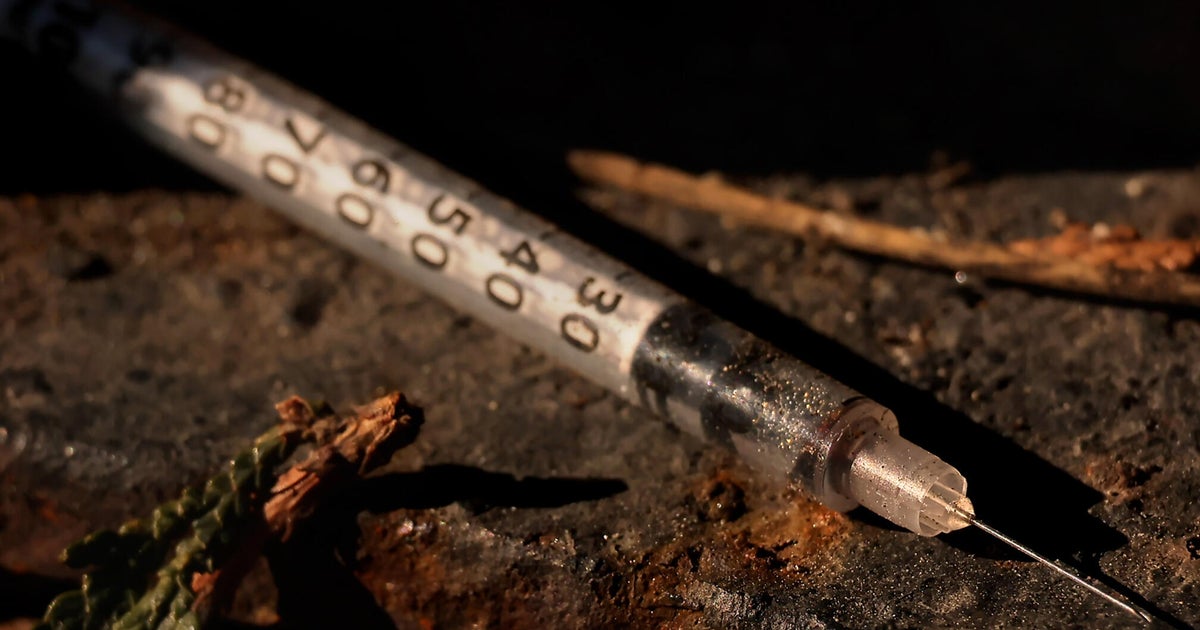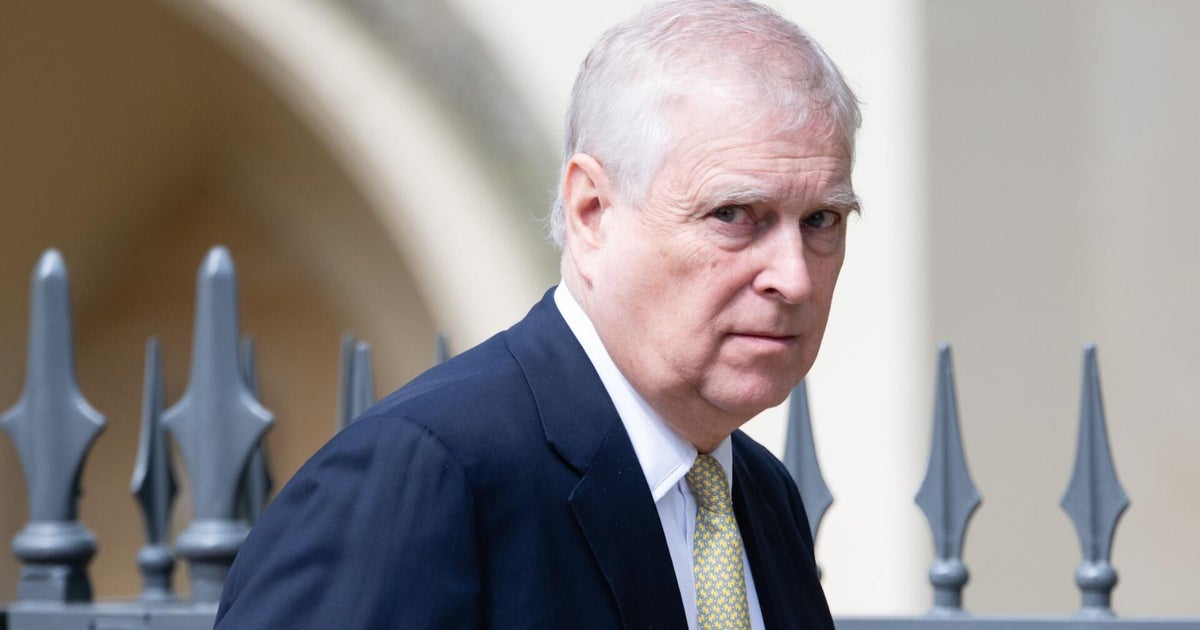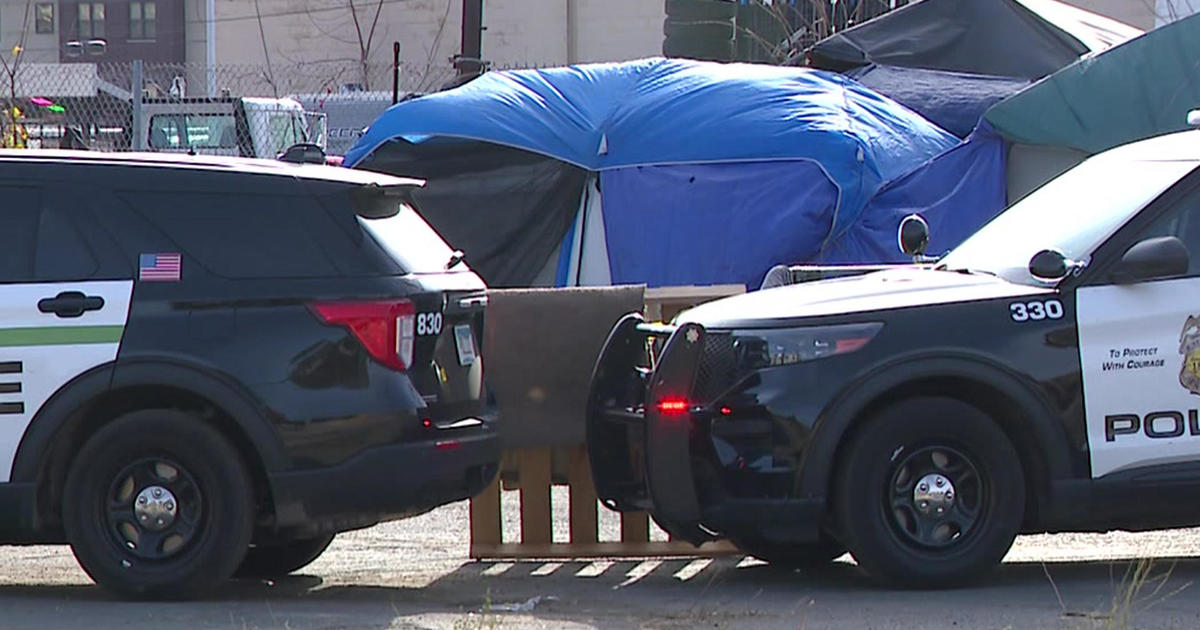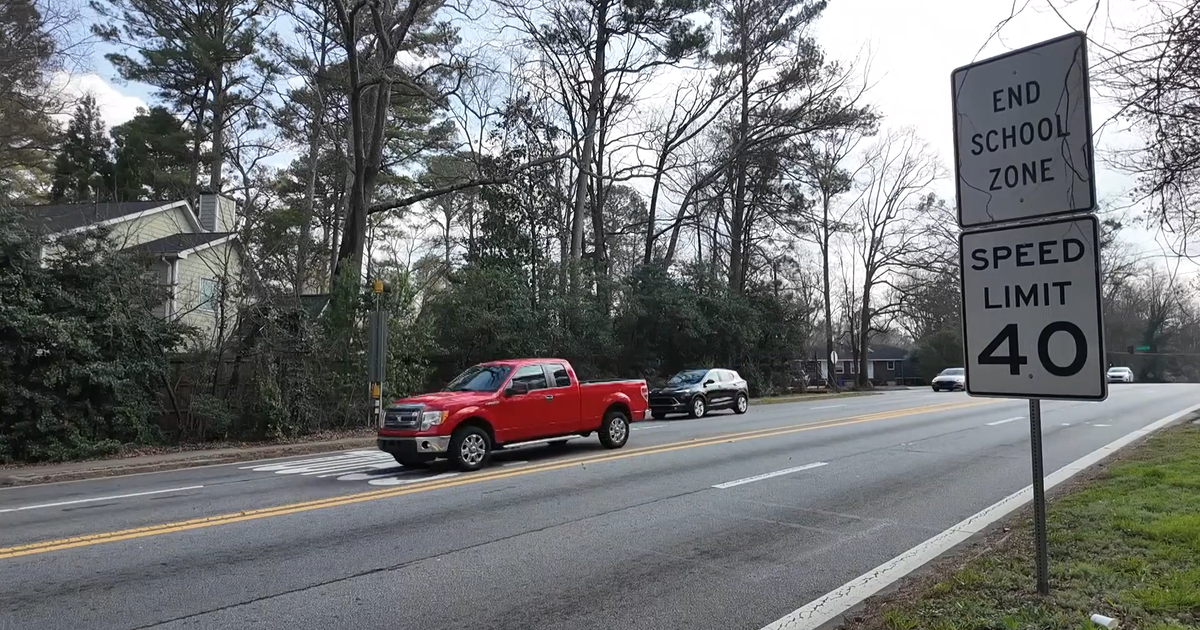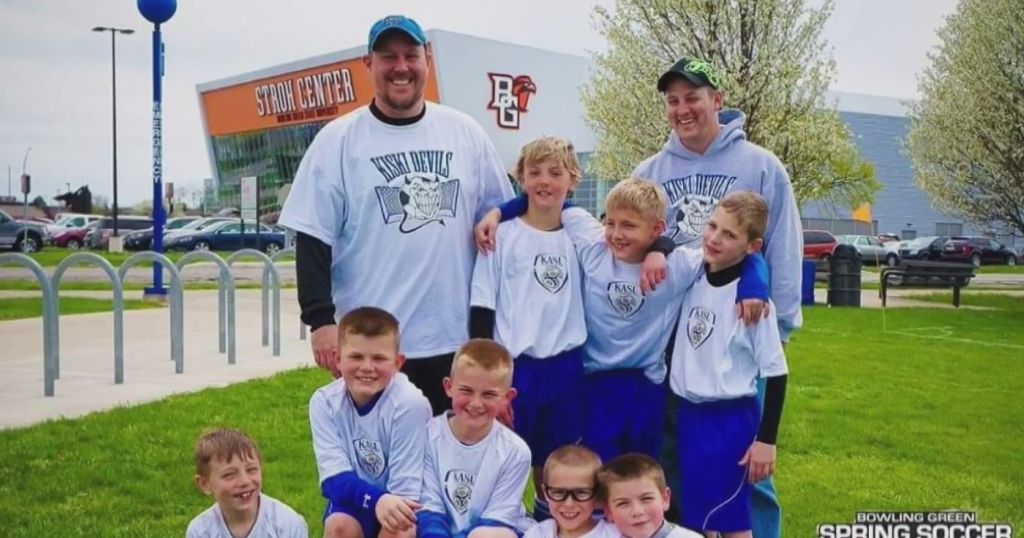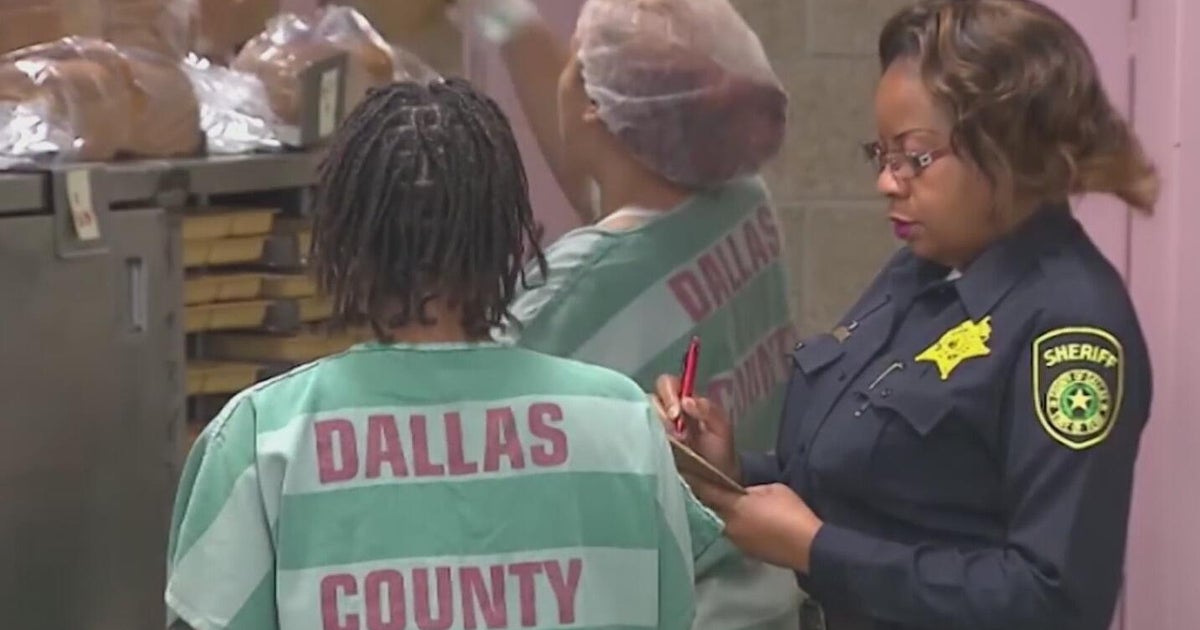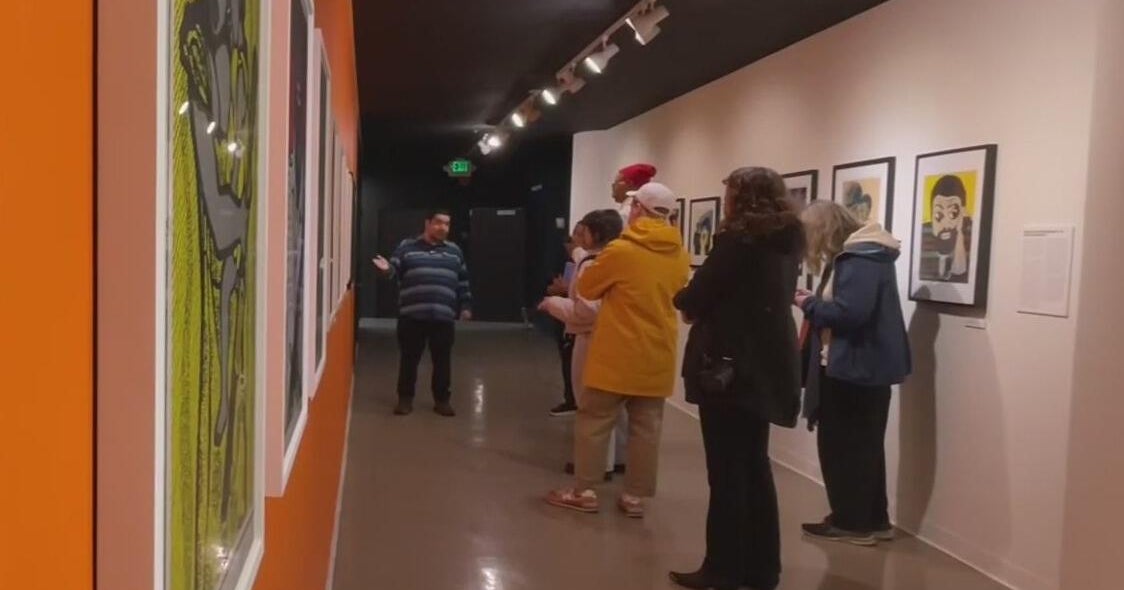Boston Needs Help With Methadone Mile Crisis: 'They're Pouring In From Everywhere'
BOSTON (CBS) -- Dozens of people crowd around a tent near Boston's Massachusetts Avenue and Melnea Cass Boulevard. Some are homeless. Some are battling addiction. For years, the area has been called the Methadone Mile.
It's has been the epicenter of the city's opioid crisis but locals, like Sue Sullivan, said COVID-19 has made things much worse.
"They're pouring in from everywhere," said Sullivan, the Executive Director of the Newmarket Business Association.
City Councilor Annissa Essaibi George said the pandemic has brought Mass and Cass to the breaking point.
"As a city, we're collecting almost a million needles," Essaibi George said, "We're also seeing an increase in human waste on individuals' private property, in their backyards."
She argued the city is bearing the brunt of a statewide problem.
"More than 60% of the people seeking support services one way or another are not from the city of Boston originally," according to Essaibi George.
Lawsuits between Quincy and Boston have stalled efforts by Mayor Marty Walsh to put a substance abuse treatment center on Long Island, an island in Boston Harbor, and rebuild a bridge to neighboring Quincy.
Essaibi George said the Mass and Cass problem needs more than one treatment center.
"We need many more voices, including the governor's, actively engaged in this work," she said.
"The health, safety, and well-being of people facing substance use disorder continues to be an urgent priority of the Baker-Polito Administration," read a statement from the Department of Public Health, "The state has partnered with the City of Boston in allocating resources and addressing challenges faced by patients and treatment providers along the Massachusetts Avenue corridor. Most recently, the state provided over $3.85 million to support the City's street outreach and opioid-related programs, including at the Pine Street Inn, Boston Medical Center, and the Suffolk County House of Correction. The state will continue to invest in and collaborate with the city and health and human service providers to meet the needs of individuals with substance use disorders."
